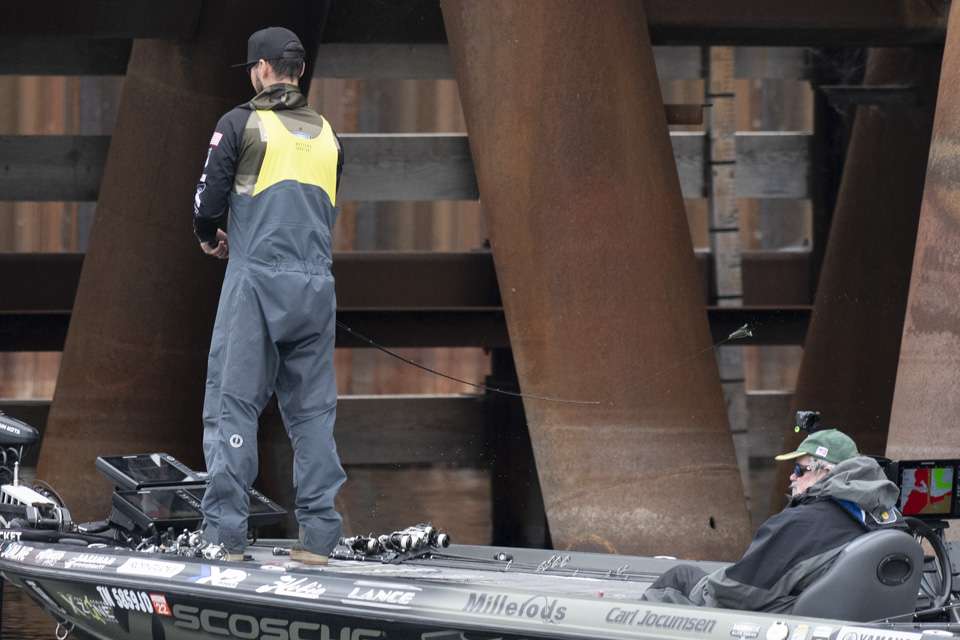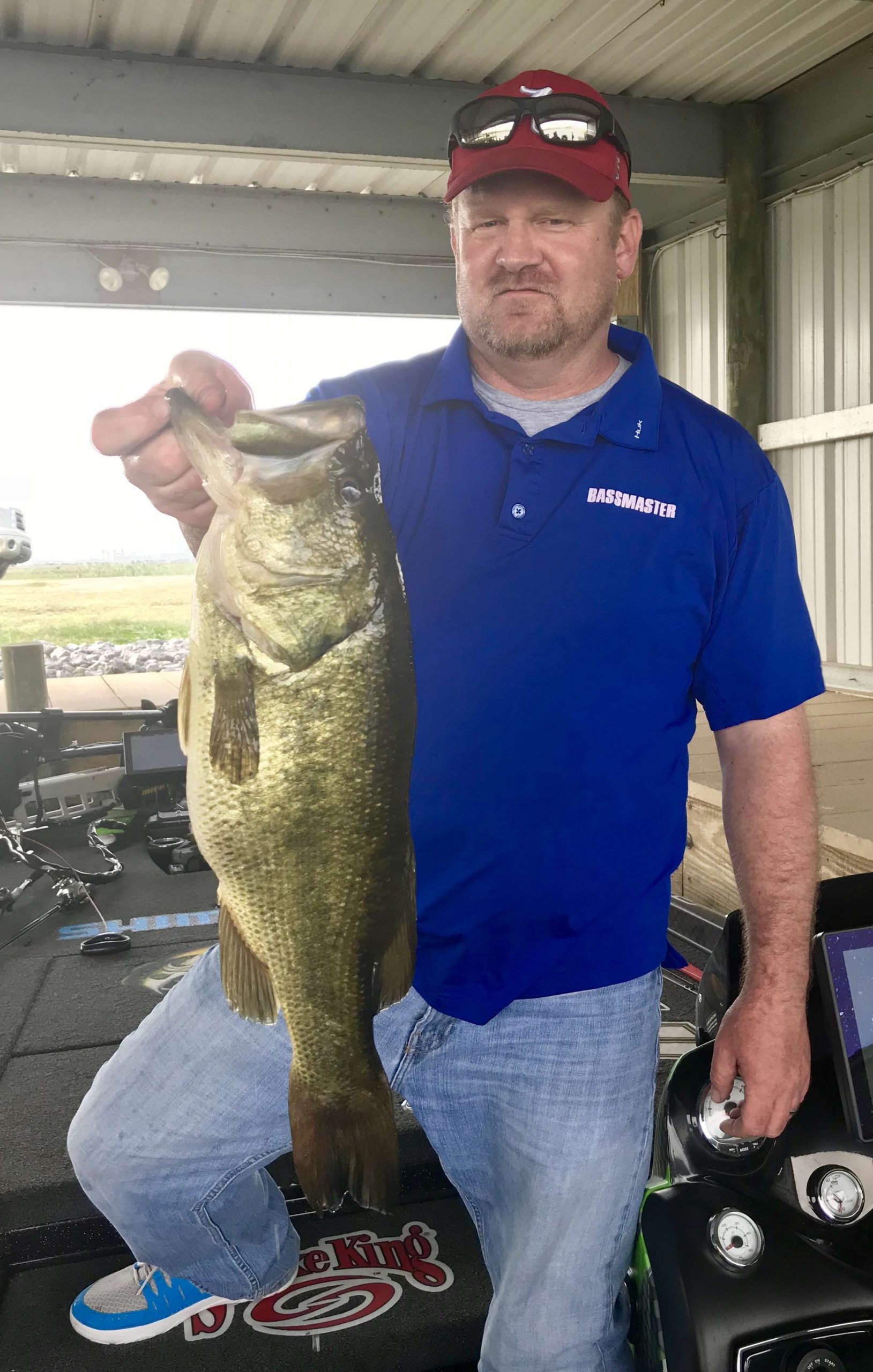
In talking with anglers during Thursday’s weigh-in, it was fascinating to hear all of the different strategies for targeting Lake Champlain’s split population of largemouth and smallmouth.
Brandon Lester, who finished ninth with 20 pounds, 1 ounce, started with smallmouth and then switched to largemouth.
“I caught a decent bag of smallmouth, probably 18 pounds, by 11 o’clock or so and then went largemouth fishing,” Lester said. “I only caught one, but it was a 4-7. I culled about a 3 1/2-pound fish with that one.”
Australian pro Carl Jocumsen took the opposite approach.
“I fished for largemouth early because of the cloud cover,” he said. “I expected to maybe get a couple of bites, but I ended up with about 17 pounds and one that was about 4 1/2.
“That gave me confidence to go smallmouth fishing, and I ended up weighing in four smallmouth and that one big largemouth.”
Jocumsen said he believed the early cloud cover would have made starting on smallmouth a mistake.
“If it was sunny, I would have started on the smallmouth,” Jocumsen said. “But with low-light conditions, the smallmouth take all day to wind up. Their vision is just bad and they tend not to bite.”
Conditions were cloudy and overcast again today, so Jocumsen said he expected to stick with the same game plan. If he makes it to Saturday’s semifinal round when the sun is supposed to shine, he said he could take the opposite approach and start with smallmouth.
Several other anglers, including first-place Buddy Gross, second-place Bryan Schmitt and third-place Randy Pierson, targeted a mixed bag all day, fishing for smallmouth and moving in shallow to target largemouth when they reached the right area.
Pierson even used the word “largemouthy” to describe the places that caused him to abandon his smallmouth strategy.
Those decisions will continue to be key as the week moves on.

